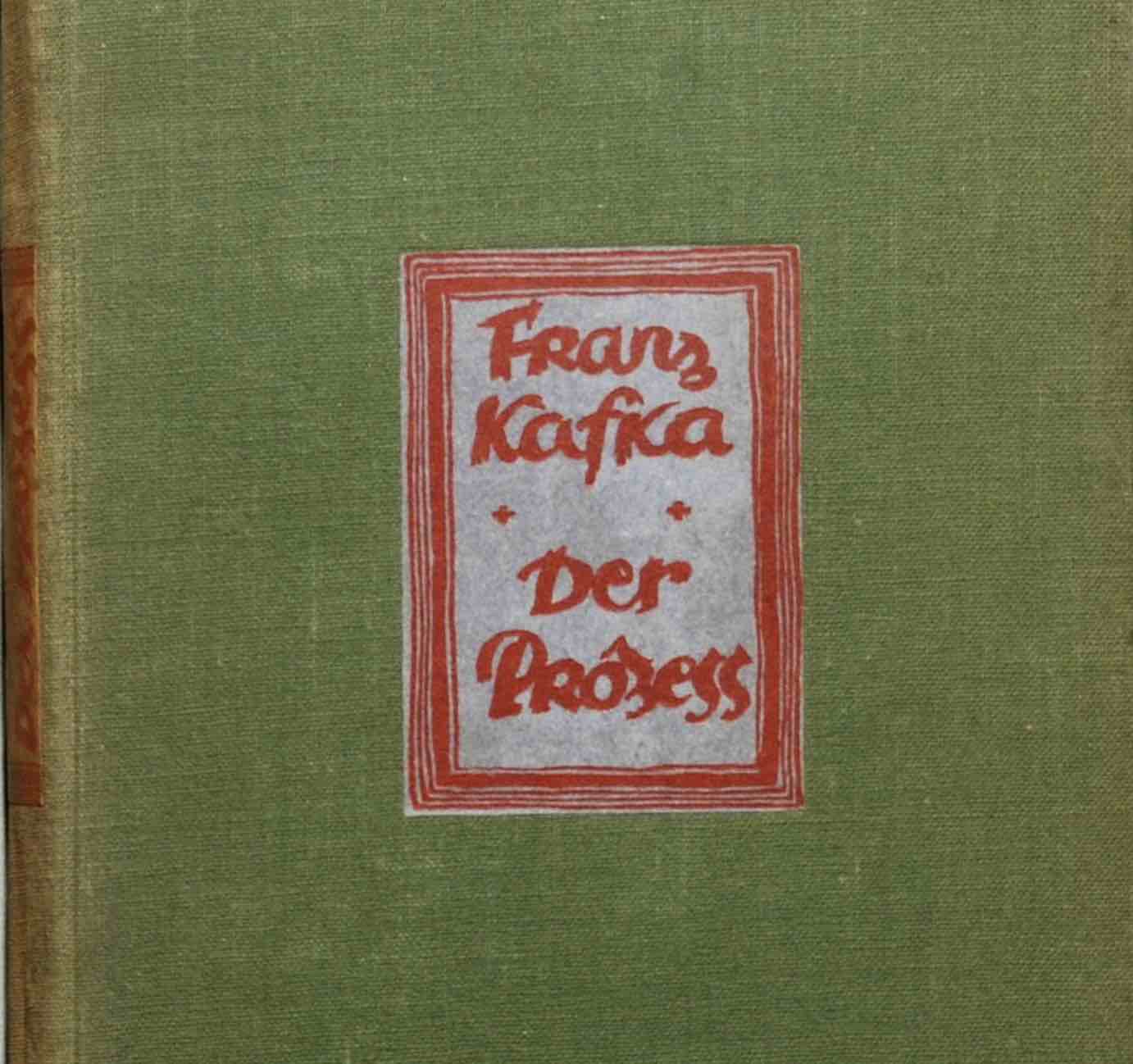
You will own nothing. And you will be unfree
- Martin Enlund
- 8/24/23
TL;DR: The contemporary world is displaying an increasing resemblance to the less favorable aspects of feudal historical periods. Individuals are increasingly being bound by obligations to adhere to specified ’terms of use’ and ‘core values’, which undermine our freedoms.
Elon Musk opted to change the well-known blue bird logo of the social media company Twitter to an “X” in July of 2023. Since the late 1990s, this billionaire has aspired to create a “super app” similar to China’s WeChat, which boasts a user base of 1.3 billion.
Note: this article is also available in Swedish
In such an app, everything should be possible: payments, messaging, calls, gaming, and more. At the current juncture, one of Twitter’s subsidiary entities has also procured authorization to effectuate money transfers within four US states, with additional states (and nations) likely to follow suit.
However, alongside this new branding effort, they also stirred some controversy by reassigning the Twitter account “X” that an individual had used for their personal account for 16 years. Earlier in July, in conjunction with Musk’s launch of an AI company, the account “xAI” was similarly grabbed from a user who had held it for 13 years. Except for trademark issues, users of such platforms rarely have specific name rights as per the terms of use. Musk’s company surely has the legal right to claim these usernames without compensation.
Nonetheless, this situation raises questions, especially since an increasing portion of our lives has transitioned to the digital realm. While previously adhering to the law was enough, now one must also adhere to the terms of use. Dependence on IT giants’ services has grown, in the process placing citizens in a newfound state of dependency.
Another trend is the surge in property prices and the need for larger down payments, making it increasingly challenging – especially for the young – to purchase and own their homes. Instead, they find themselves reliant on the rental market and thus beholden to landlords.
A third trend is the decreasing use of physical (cash) money. As a result, having a bank account has become increasingly important. While IT giants have their terms of use, banks have their “core values”. Alleged violations of these values can lead to account suspensions, something that the British politician Nigel Farage recently experienced.
In field after field, citizens across much of the world have been placed in a state of dependence. Consequently, private ownership has eroded, undermining people’s independence, their ability to accumulate wealth, and their freedoms. The feudal society is making a comeback.
“Those who are in debt are not free”, Sweden’s former prime minister Göran Persson once wrote. Today, it can be stated that those who do not own are not really free either.
X (Twitter) confiscates usernames without compensation. Political parties are denied the opportunity to rent premises in Sweden and probably elsewhere. Insurance companies terminate corporate clients deemed not sufficiently “sustainable”.
The case of Nigel Farage revealed a bank that denied him an account partially due to political reasons – he was not deemed “inclusive” enough. In this regard, one can question how various “terms of use” or “core values” will shape Musk’s future super app, or those of all the companies whose products we will likely be dependent upon in the future.
It’s possible that the future will reflect the sentiment expressed by a Danish politician during the 2016 World Economic Forum (WEF): “You will own nothing. And you will be happy.” Perhaps, though at least your freedom seems set to vanish into thin air - much like your assets.
If you wish to subscribe, sign up here!
Cover image: Medieval illustration of men harvesting wheat with reaping-hooks or sickles, on a calendar page for August. Queen Mary’s Psalter. Depicts feudalism and socage in Medieval Europe. Source: Wikimedia Commons

